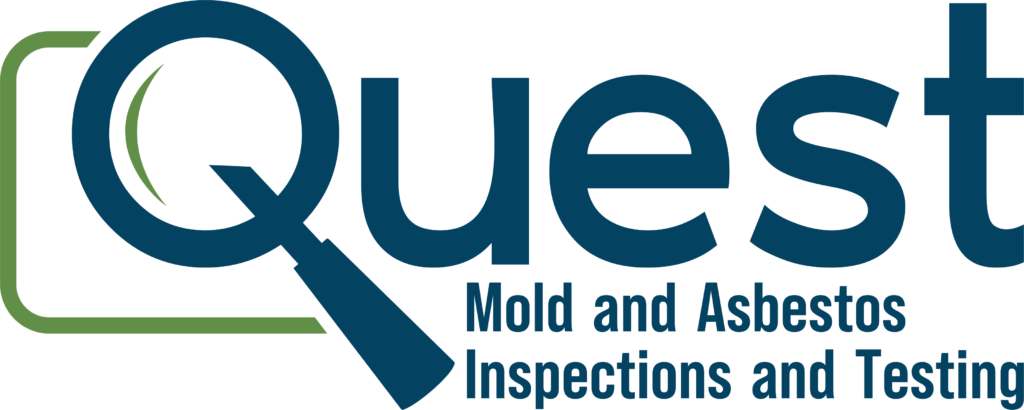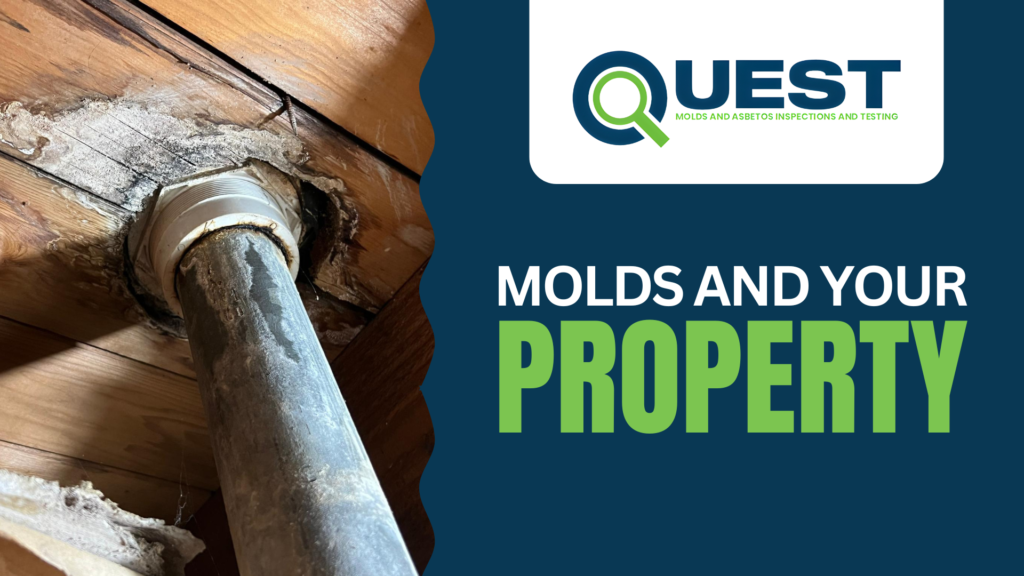Mold infestation in a property is a significant concern that affects both homeowners and potential buyers. Its presence can lead to a variety of health problems and costly remediation, which in turn can impact the value and desirability of a property. When mold is found during a home inspection, it often raises red flags that can halt or complicate real estate transactions. Therefore, understanding the implications of mold and how it can alter property value is crucial for anyone involved in buying or selling homes.
Real estate transactions involving properties with mold require careful navigation. Sellers may face a decrease in property value or increased difficulty selling their home if a mold issue is present and not adequately addressed. On the other hand, buyers must be diligent in spotting signs of mold infestation before making an investment. Being informed about mold inspections, disclosure obligations, and potential impact on property negotiations is essential to ensure a fair and transparent deal for all parties involved.
Key Takeaways
- Mold presence can lead to health issues and reduce property value.
- Effective mold remediation is crucial for maintaining property desirability.
- Mold inspections and disclosures are vital in real estate transactions.

Understanding The Impact of Mold on Property Value
In real estate, the presence of mold can negatively influence your property’s value and its appeal to potential buyers. Recognizing types of mold and understanding the health risks are essential in protecting your investment.
Types of Mold and Their Identifications
Mold is a form of fungi that can be found both indoors and outdoors, and it reproduces by releasing spores that can be inhaled or come into contact with your skin. Typically, mold is identified by its appearance, ranging from black, green, white, or even red patches that can appear fuzzy or slimy.
- Black Mold (Stachybotrys): Often associated with severe health risks, it appears dark greenish or black and has a musty, mildew-like odor. This type commonly surfaces on materials with high cellulose content such as drywall, paper, or wood when there is moisture accumulation. Learn about the implications of black mold on your home’s value.
- Aspergillus: A common indoor mold, appearing in various colors. It can form thick layers on walls and may cause allergic reactions.
- Cladosporium: This type can grow in cooler areas and might be found on fabrics and wood surfaces. It’s olive-green to brown and can cause respiratory issues.
Health Risks Associated with Mold Exposure
Exposure to mold can lead to health issues, especially for individuals with allergies, asthma, or weakened immune systems. Some common symptoms include:
- Respiratory Problems: Difficulty breathing, wheezing, coughing.
- Allergic Reactions: Sneezing, runny nose, red eyes, and skin rash. The impact of mold on health and property value is significant.
- Serious Health Risks: Long-term exposure may lead to more severe conditions like asthma exacerbation or opportunistic infections in immunocompromised individuals.
These health risks can make your property less attractive to buyers, thus affecting its value. Buyers are often deterred by the potential costs and health implications, leading to challenges in the sale process. Conducting proper identification and remediation promptly is crucial in preserving both the value of your property and the health of its occupants.

Assessing Mold Impact on Property Value
When assessing the impact of mold on property value, it’s crucial to consider the extent of contamination and the associated costs for remediation.
Factors Affecting Devaluation
- Severity of Mold Infestation: Properties with extensive mold damage are more likely to experience a significant drop in value. Studies indicate that home resale value can fall between 20% to 37% depending on the severity of the mold issue.
- Visibility and Areas Affected: Visible mold or mold in critical areas like HVAC systems can raise more concerns for potential buyers.
- Types of Mold: Certain types like black mold are known to be particularly toxic and can have a more profound effect on property value.
- Local Market Conditions: In markets with higher demand, the impact on value might be less than in markets with lower demand.
Mold Remediation and Its Costs
The cost of mold remediation can be a determining factor for how much value is regained after addressing the mold issue. Here’s a breakdown of potential costs:
- Initial Inspection: Usually, an inspection by a certified professional is the first step to evaluate the extent of the problem.
- Remediation Process: Costs vary depending on the size of the area and the necessary treatment to remove mold.
- Post-Remediation Verification: To ensure the effectiveness of remediation, further testing might be required, adding to the overall expense.
The point of reference for these costs will affect your overall budget for remediation and the potential to recoup value lost due to mold.

Real Estate Transactions and Mold Disclosures
When you’re buying or selling property, mold presence and disclosure can greatly affect transactions. It’s crucial to understand the legalities and how to address mold concerns during negotiations.
Legal Requirements for Mold Disclosure
The obligation to disclose mold-related information during real estate transactions varies by state, but generally, sellers must inform potential buyers of any known mold issues. In some states, specific mold disclosure forms are part of the transaction process, like the one provided by the California Association of real estate licensees. Your real estate agent should guide you through the necessary disclosures and related legal requirements. You are not just protecting your investment but also ensuring transparency and adherence to state and federal laws.
Negotiating Property Sales Amidst Mold Issues
When mold is identified in a property, it’s a point for negotiation. Sellers can either rectify the issue before the sale or offer the buyer a credit to handle the remediation. Buyers, on the other hand, should conduct a mold inspection if they have any concerns or if the property has a history of water intrusion. Agents and sellers who do not properly disclose mold issues can be held liable for negligence or fraud, which is why it’s imperative that you address these issues head-on in the negotiation process.

Frequently Asked Questions
Understanding how mold affects property value and the intricacies of real estate transactions is critical for both buyers and sellers.
How does the presence of mold influence a home’s market value?
Mold in your home can lead to a decrease in property value due to the potential health risks and structural damage it represents, often resulting in lower buyer interest and offers.
What are the implications of selling a home after undergoing mold remediation?
Selling your property after successful mold remediation might restore its value, but it is important to provide proof of the remediation to reassure potential buyers of the home’s condition.
Is disclosure of past mold remediation required when selling property?
Yes, you are usually required to disclose past mold issues and the steps taken to address them to potential buyers, which can affect their decision-making.
What options do buyers have if they discover mold after the home purchase is complete?
If you find mold post-purchase, options range from seeking legal recourse if previous issues were not disclosed, to hiring a professional for remediation efforts.
Under what circumstances should a potential buyer consider retracting their offer upon discovering mold?
Retracting an offer may be considered if an inspection reveals extensive mold damage, or if the cost and impact of remediation could significantly affect your future living conditions or budget.
How does the detection of mold during an appraisal affect the sale process of a home?
Mold found during an appraisal can halt or delay the sale process, as it may lead to renegotiations, a reduction in the appraised value, or the need for additional inspections.


